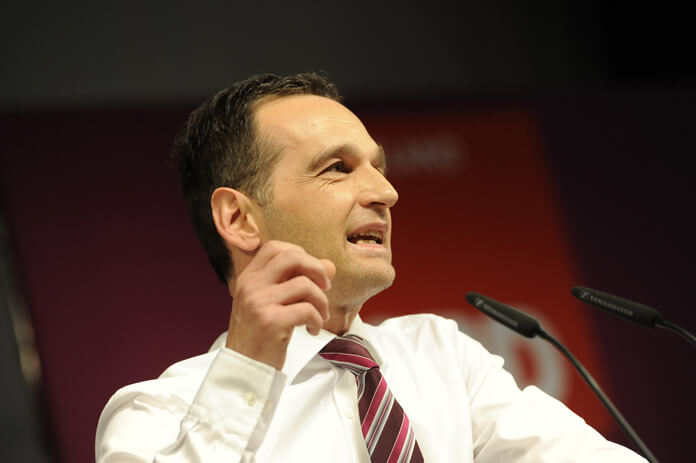You may know that homosexuality is legal in Germany. You may not have known, however, that there are still thousands of men that hold criminal records based on a law that was overturned nearly 50 years ago, known as Paragraph 175.

The infamous “Paragraph 175”
Known as “Paragraph 175”, the law was introduced to the German legal code in 1872 and intensified by the Nazi rule in 1935. During this time, if a man was found convicted, he could have been sentenced to 10 years in jail.
Following World War II, West Germany adopted the law, continuing to conduct thousands of raids, making thousands of arrests. In communist-controlled East Germany, the law was abolished in 1968. And despite that fact that West Germany eventually decriminalizing homosexuality in 1969, the law was not officially abolished until 1994, and thousands more were still convicted, and since, sentences have not been lifted. Between 1946 and 1969 more than 50,000 men were convicted of homosexuality.
According to estimates, between the establishment of Paragraph 175 in 1872 and its abolishment in 1969, approximately 140,000 men were persecuted. Many of those convicted killed themselves, lost their jobs, or were greatly impacted.
“The burden of guilt lies with the state”
According to justice minister Heiko Maas, “The burden of guilt lies with the state because it made the lives of so many people so difficult. Paragraph 175 was from the very beginning unconstitutional. The old convictions are unjust and do huge injury to the human dignity of each convicted man.”

And while Maas believes that the state would never be able to completely reconcile for the wrongdoings, they have promised the convictions would be overturned and the men that were punished would be eligible for compensation through a central fund. Though Die Zeit that its more likely money will be put towards an investment in educational projects aimed at explaining and fostering sexual diversity tolerance and it is unlikely that individual claims will be dispersed.
In 2002, the Budestag made all Nazi-era convictions null and void, but this did not include those convictions made after the war. Maas has stated that the ministry will devise a legal framework to allow for a blanket annulment of all convictions, which would alleviate the burden of individuals to fight their cases separately.
Support for the action
Gay rights campaigners, who have called for implementation without a delay so that victims will have their dignity restored as soon as possible, have welcomed the actions. “Time is short to overturn these unjust convictions and restore the human dignity of the victims of the persecution of homosexuality,” says Germany’s Lesbian and Gay Association.









